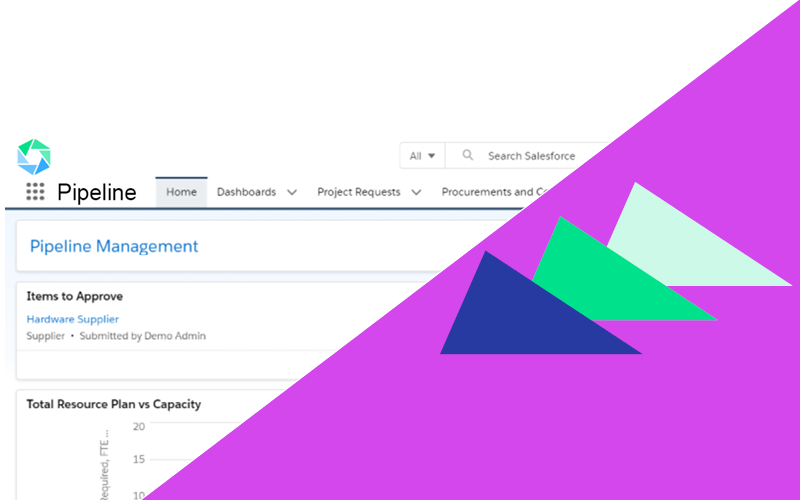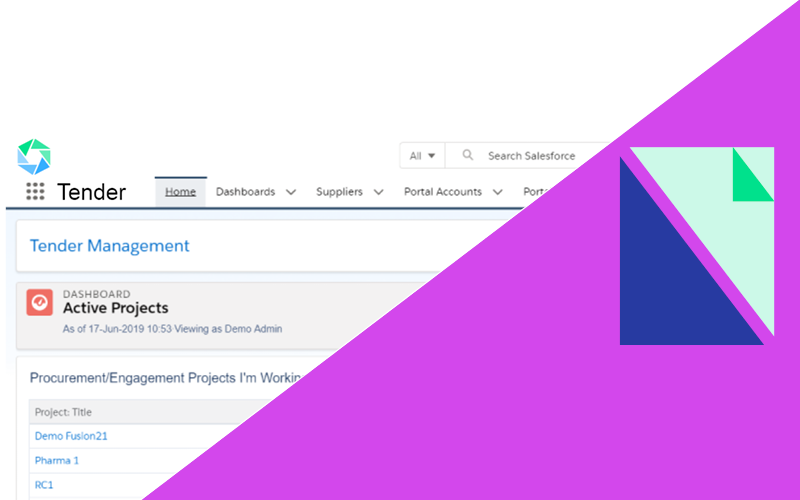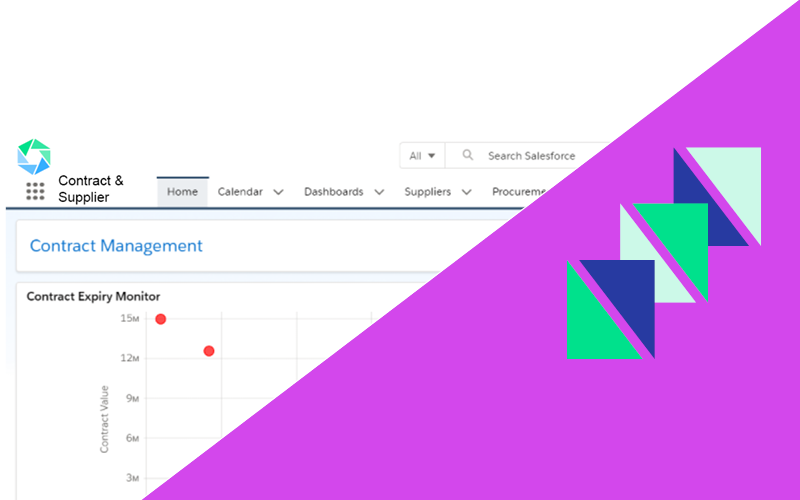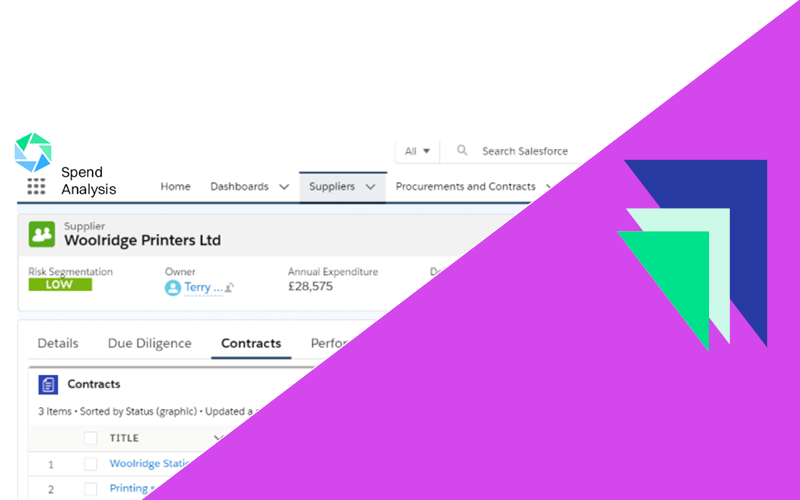The impact of COVID-19 on the not for profit sector has been immense. Take charities, for example. Research carried out by the Institute of Fundraising UK found 72% of charities have experienced an increased demand for their services during the pandemic. However, income is expected to fall by around 50%.
If you’re an organisation working in the not for profit sector, sustainability has never been more important. Sustainability is often viewed only in terms of funding. However, maintaining adequate controls over spending and procurement also plays a significant part. But how can you ensure you have visibility over your spending and are making the right purchasing decisions?
Procurement best practice for the not for profit sector
Review your processes
Making sure your procurement processes are fit for purpose should be your first stop. If your staff are navigating a cumbersome and overly complicated process to purchase goods and services, they are probably looking for ways to bypass it. Put a system in place which is easy to use and speeds up purchasing decisions. A cost-effective way to do this is by going digital. The right procurement software gives you greater visibility and control over your procurement, streamlines your processes and helps you make informed decisions.
Focus on compliance
Not for profit organisations must maintain a high level of transparency over their financial records to satisfy funding requirements, especially if they receive government funding. You must keep accurate records and be able to provide an audit trail of decision making and procurement activities. Having the right controls in place during your procurement process will help you control spending and ensure you are meeting your compliance obligations.
Using a digital system is the easiest way to track and maintain your compliance activities. You can create an approval process which only allows authorised purchases to be made. You can also set up automatic reports which give you detailed information about your spending, allowing you to identify any anomalies.
Improve productivity
Procurement processes can often be admin heavy and lengthy, taking up staff resource that could be better used on other more valuable activities. By automating your procurement process, you can remove repetitive, time-intensive tasks and reduce the chance of errors being made which can be costly to rectify.
Be risk-aware
Organisations in the not for profit sector are generally risk-averse, because of the external financial scrutiny they are under. Ensure your procurement process includes a robust risk management component, so supply chain and financial decisions are properly considered. For example, you should review your dependency on your key suppliers, including what their financial position is. Then you can make a decision on whether you need to source alternatives depending on the risk to your organisation.
Understand the importance of data
Procurement data is usually collected from several sources and consolidated so you can get an overall view of procurement spend. It is then analysed and used in decision making. Your data needs to be accurate to be used effectively. This means reviewing and maintaining it regularly to keep it up to date and useful.
Using data to drive your decision making is pivotal in helping you control costs and make the right procurement choices. It gives you insight into your spending patterns and allows you to award contracts to the most beneficial suppliers. It also ensures you purchase the correct products or services at the most competitive price.
Automating your process will remove many of the procurement challenges you face in the not for profit sector. It will help you monitor and control all direct and indirect spend and lower your costs. Having proper controls in place also ensures efficient spend management, adherence to budgets and compliance with funding and legal requirements. If you’d like to talk to someone about improving your procurement process or would like a free trial of procurement software, contact us today.
 Our Pipeline App empowers your team to plan ahead and forecast for upcoming procurement activities.
Our Pipeline App empowers your team to plan ahead and forecast for upcoming procurement activities.  The Tender App allows your team to visualise all sourcing activities within your Atamis platform, from issuing tenders to receiving bids.
The Tender App allows your team to visualise all sourcing activities within your Atamis platform, from issuing tenders to receiving bids. Our Contract & Supplier App puts your team in firm control of your key supplier relationships and provides a central repository for all contracts.
Our Contract & Supplier App puts your team in firm control of your key supplier relationships and provides a central repository for all contracts.  Our Enhancers ensure your solution is tailored to your needs. Pick and choose additional functionality that fits your requirements.
Our Enhancers ensure your solution is tailored to your needs. Pick and choose additional functionality that fits your requirements. 